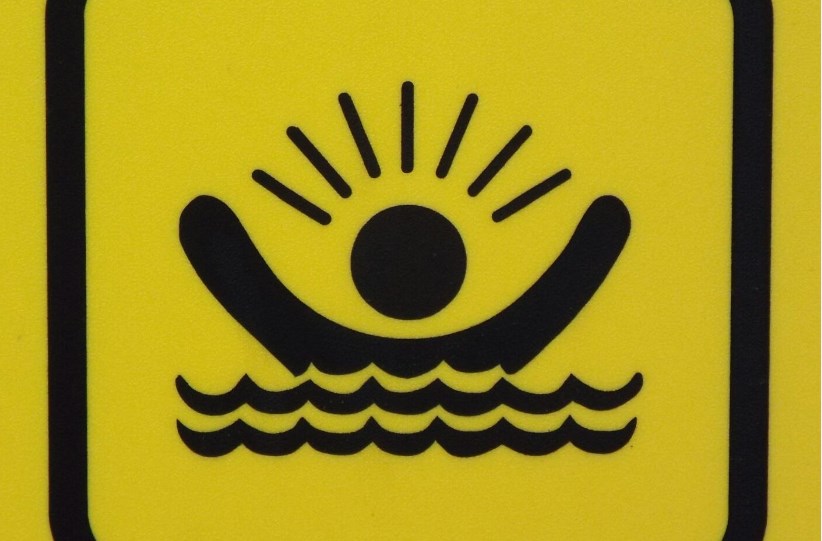
01 Sep If you spend more than you earn
Photo: davidpwhelan/morguefile.comQ. No matter what I do, I seem to spend more than I earn. I save the max to my 401(k) and I put $200 a paycheck into a savings account for an emergency fund, but I always have to dip in to pay bills. I watch what I spend – I just think I don’t earn enough — so I add to credit card debt. How can I make this better?
— Trying
A. Admitting there’s a problem is the first step.
But first, congratulations for saving the max in your 401(k).
“Saving the maximum or $18,000 in 2016 is truly significant and you are preparing yourself for retirement,” said Cynthia Aiken, a certified financial planner with RegentAtlantic in Morristown. “Furthermore, you are adding to your savings by putting aside $200 per paycheck into your emergency fund. This too is excellent!”
Unfortunately, it sounds as though your cash flow needs exceed your available cash and you incur credit card debt.
It is very easy to sink into overwhelming credit card debt, but paying down debt is very difficult because as the balance climbs, the interest compounds and payments increase, Aiken said.
“Credit card debt affects your credit score, which in turn can impact your ability to get a loan or a job,” she said. “Bottom line, you need a repayment plan.”
Although you may be in deep, you can probably climb out of debt with commitment and a plan, Aiken said. Steps you can take include spending only for basic needs so you have cash to pay down debt, asking creditors to reduce your card’s interest rate, and stopping using (or even cut up) your credit cards while you are repaying your debt to avoid the temptation to use the cards.
Depending upon the level of your debt, she said, you may decide to suspend contributions to your 401(k) for a while and use the additional cash for your repayment plan.
Once you have tackled your credit card debt, the larger issue is learning to live within your means.
“The goal is to live on the funds you have remaining after your 401(k) contributions and federal and state taxes,” Aiken said. “Examine your expenses and determine where you can make adjustments – more meals at home, smaller apartment, reducing other extras.”
Also, she recommends you consider ways to earn more – extra part-time work or a new full-time job.
“You are on the right track by contributing to your 401k and saving regularly, so your goal should be to work down your credit card debt and strive to live within your means,” she said. “These steps will lead you to a healthier, happier and definitely `better’ financial condition.”
Email your questions to Ask@NJMoneyHelp.com.
This post was first published in September 2016.
NJMoneyHelp.com presents certain general financial planning principles and advice, but should never be viewed as a substitute for obtaining advice from a personal professional advisor who understands your unique individual circumstances.
